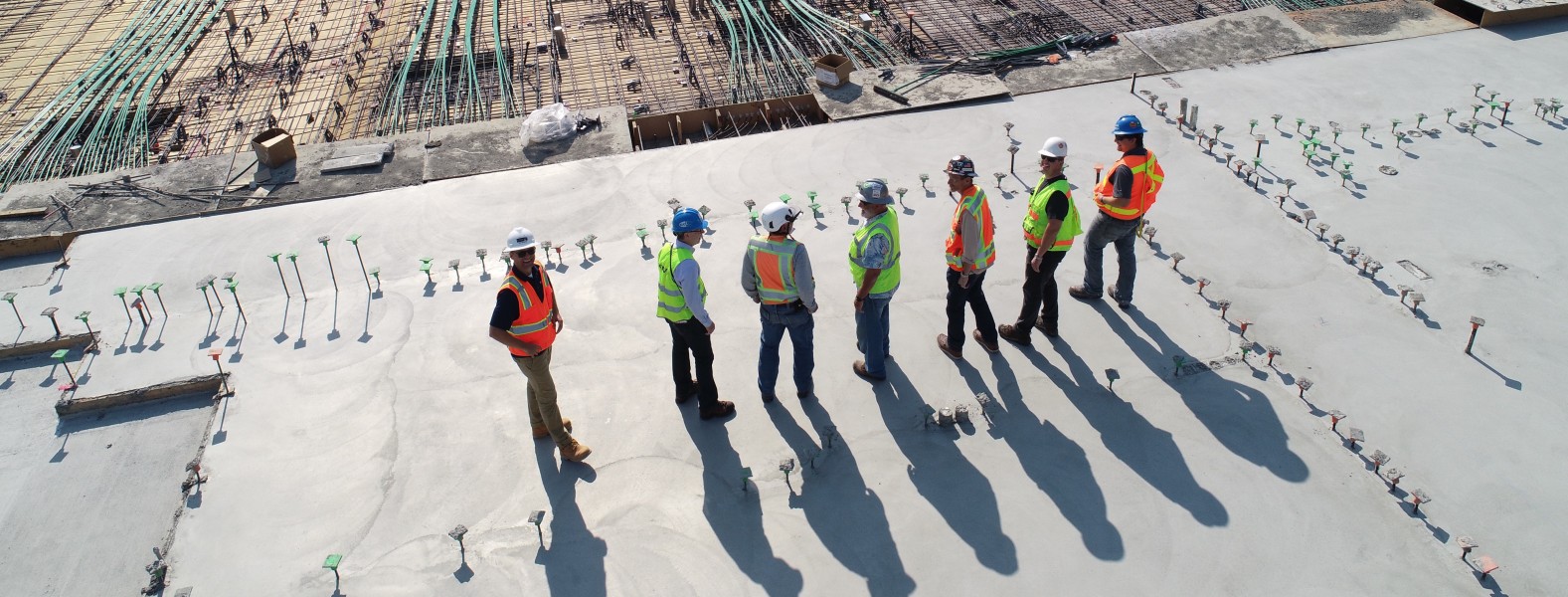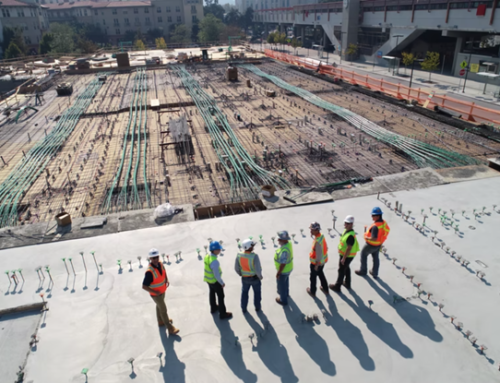The fundamental basics for every business is the simple concept of supply and demand. You provide a service or a product when there is demand or need for it in the marketplace. In order to fulfill these commitments you hire employees, leaders and purchase equipment, but for the construction industry, over the past several decades the talent and skills gap has been increasing at a rapid rate. This means there are less skilled trades people in the workforce to support an industry that is experiencing exponential growth and demand. The construction industry today is in a permanent state of “shortages.” With materials scarce due to Pandemic-related supply chain issues and inventory shortages – the construction industry is even less equipped to keep pace with building demand. Many would think that this shortage was due to the pandemic, but this shortage actually stems from a cultural stigma against the construction industry.
Starting several decades ago, society’s perception of what a “real job” was changed and a college or graduate degree in medicine or law became the new gold standard for a “career”. As a result, younger generations chased graduate degrees and student loan debt and hourly summer jobs on construction sites were replaced with unpaid internships. An entire generation of bright young talent was discouraged and strongly advised not to pursue a career in skilled trades and construction by being told it’s a dirty job for felons, ex-cons and people who couldn’t make it in the real world.
As a recruiter within the construction industry – this topic has been a passion of mine for my entire life. I have watched each and every year as the talent pipeline continues to shrink smaller and smaller. Right now we are seeing an enormous skills gap in trades for everything from plumbing and electrical to millwork, all of which are reputable, lucrative jobs in serious demand. We are at an inflection point and must reverse the social perception of the construction industry and jobs, or else the instability in the construction market will only become progressively worse. Here is how we rebrand the industry and change this perception.
1.) Remove The Stigma. Skilled trade jobs are positioned as an absolute last resort option for future generations – this has to change. Skilled trades are some of the hardest working jobs and people within the construction industry and this should be reflected and treated publicly as a reputable profession. Parents and mentors should be having open conversations with young adults about their careers and future, and construction should be presented as a viable option. Young adults can attend vocational or trade schools instead of college and immediately start working after graduation and make a decent living quickly. If you are in the process of renovating, get to know your general contractor and team, ask questions and understand why they chose their career.
2.) Partner With Schools and Communities. A large part of removing this stigma is providing visibility for the industry as professional. This can include construction company employees or skilled trade contractors working with local school systems to provide a better education and understanding of what a career in skilled trade work is like. Additionally, larger construction firms can invest in future talent pipelines by offering high school graduates incentives such as tuition funding programs to offset some of the costs for attending vocational or trade schools, just as some organizations provide tuition assistance to employees for graduate programs. Companies can consider this as an investment in the future of their company and talent, since trade skills are transferable across the industry and there will always be demand for these skill sets.
3.) The Workforce Is Already Changing. Some skilled trades professionals are independent contractors that work across various projects and for many different General Contractors or construction firms. This allows skilled trade workers more control and flexibility of how often they have to work and the type of work or people they choose to partner with. Additionally, as an independent contractor there are many laws and regulations set up to benefit this type of workforce structure, from tax credits and incentives to reduced healthcare premiums in some states.
4.) Guarantee Income Based On Reputation. In an industry like construction, reputation and experience comes hand in hand with repeat business and referrals from others. In every industry there are people who are great at what they do and others that scrape by as mediocre. As long as your reputation and work speak for themselves, finding work or new projects should not be too difficult and revenue will remain consistent. As we saw in 2008 and 2020, construction was hit hard like most industries, but its resiliency is a prime example of the industry’s ability to rebound. Construction will always be an essential part of basic human necessity for building offices, homes and more and will always rebound post any sort of economic collapse.
For the future of the construction industry there will always be variables beyond our control such as material costs, economic collapses and more. However, we can control and reverse the widening skills gap and labor shortage by changing the perception of the profession today. We must reframe these conversations and remove the negative stigma of construction jobs. This will open the door and provide new opportunities for future generations to build a successful and lucrative career in skilled trades and construction.








Leave A Comment